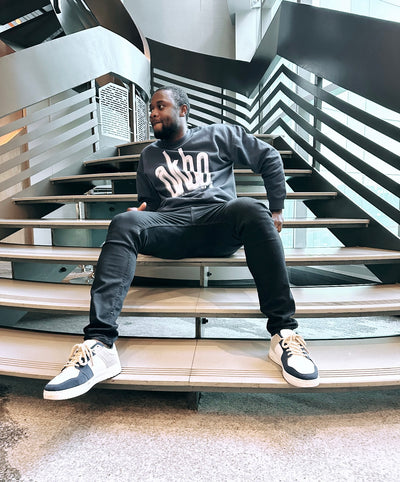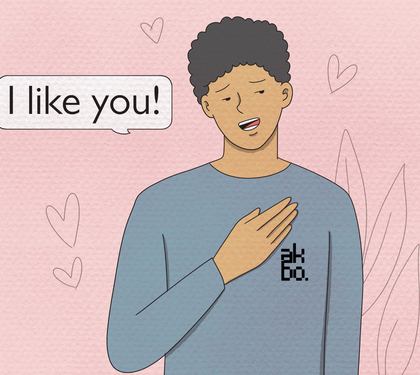Resources on cheating proliferate for the person who was wronged-but what about preventing infidelity in the first place? Cheating doesn't begin with the transgression. Often, feelings and urges build up over time to create the conditions for betrayal-the bright side to this is that it can be prevented. Newsweek spoke to Heather Mayone, psychotherapist and practice director at Tribeca Therapy, about how one can recognize the urge to cheat, and, more importantly, what to do about it. "I am a therapist with two decades of experience working with couples who are recovering from infidelity-and plenty of individuals who have fought the urge to cheat," Mayone said. "Having a desire to cheat on one's partner is pretty taboo and can be shameful for some. However, the feelings that you want to cheat can be a positive catalyst and open up an opportunity for something to be addressed in the primary relationship or within the person themselves."
THINKING ABOUT CHEATING? TRY THIS INSTEAD Mayone said that if people work to notice and understand their urge to cheat, there is a good chance they will be better for it on the other side. This involves a few crucial steps-the first is telling someone.
1. PHONE A FRIEND (OR YOUR THERAPIST)
Mayone said the most important action to take when you recognize the urge to cheat is to tell someone "trusted and neutral"; that is, not the partner you want to cheat on, nor the person you want to cheat with. This is easier said than done, though. "This can be hard … as they may feel shame and guilt around their feelings," she said. "It's important to push past the shame, as keeping these feelings a secret will only make you feel worse and will make you more likely to act on them." Shame is undue when most everyone experiences attraction to people outside of their relationship at some point, Mayone said. And this doesn't always mean something is wrong in the relationship-sometimes, the excitement of attraction can be compelling during the general longevity and low points of life.
"However, when [feelings] move from a strong attraction to a danger that cheating could happen, it is an important responsibility to make use of these feelings and to understand what is at play," Mayone said. Telling someone not only provides the sharing person accountability, but it also helps them "connect more fully with the devastating consequences that would come with cheating." And, of course, knowing that you are not alone in your desire for other people can help lessen the shame and taboo of discussing the topic.
2. UNDERSTAND THE URGE
After confiding in someone else about the urge to cheat, it's important to maintain curiosity about your urges. "Where are these feelings coming from? Are they an indication that something needs to be addressed in the primary relationship?" Mayone said. "Perhaps the person is feeling stuck or unfulfilled in their life as a whole and they are unconsciously seeking a distraction from their unhappiness." Getting clear on why the urge exists and where it is coming from is key to taking the right kind of action. Mayone offered an example: "Having a strong fantasy of a sexy, sparky affair another person can be a great pick-me-up in the short-term, but there may be ways the attraction is being used to avoid changes that need to be made in their lives writ large," she said.
Seeking understanding around this topic can point people back to their primary relationships and their determination to repair them, even if it's not immediately obvious. Mayone went on to explain ways people can take action on their urges and better themselves and their primary relationships.
3. ENACT THE CHANGE
"Once you have understood why the feelings are there, it is time to make the change happen," Mayone said.Most often, therapy is the place to do this work most constructively. Couples' therapy can engage and explore pretty much anything contributing to the urge to cheat: "For folks who are learning that their urge to cheat is coming from a lack in their life more broadly, a therapist can help them understand what is missing and how to create a more fulfilling life," Mayone offered as an example. Another less explored, but valid, option, is exploring alternative relationship structures. Since, as Mayone explained, there is nothing inherently wrong or unique about having attraction to people outside of a primary relationship, sometimes the urge to cheat comes simply from a different orientation toward relationships. "For some, having an attraction to another person will draw their attention to needs that are not possible to be met in their primary relationship, but they do not want to abandon it," she said. "This might be an opportunity to reorganize their primary relationship and try non-monogamy … Having the urge to cheat is the opportunity for some couples to try a new relationship structure that can offer more fulfillment for both people."
Unsurprisingly, changing to a non-monogamous relationship structure can benefit from therapy, too. "Many couples engaging in non-monogomy for the first time like to involve a therapist to ensure that they have the conditions needed to open up the relationship in a way that is protective of the primary relationship," Mayone said. While the factors behind the urge to cheat are diverse, the urge itself is unifying. Disarming the taboo and shame around this urge helps encourage open dialogue with one's partner, friends, and even with themselves. From this honesty, action can be taken, relationships preserved, and, most importantly, needs met.











